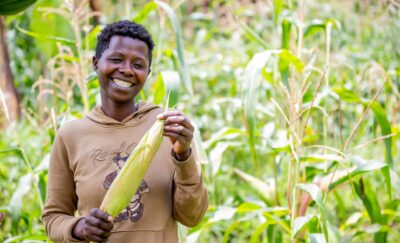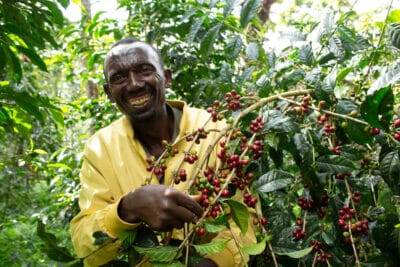Expert view
1 April 2016
We need to invest in livestock for sustainable development
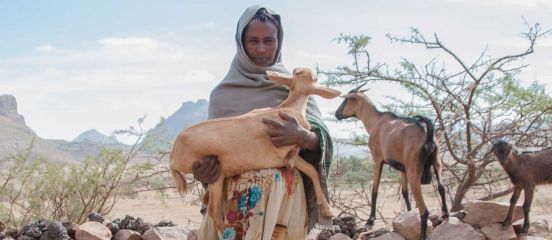
Blog by James Mwololo, Head of Agriculture, Farm Africa
‘Respect is as big as a cow and a warrior’ – Kalenjin proverb
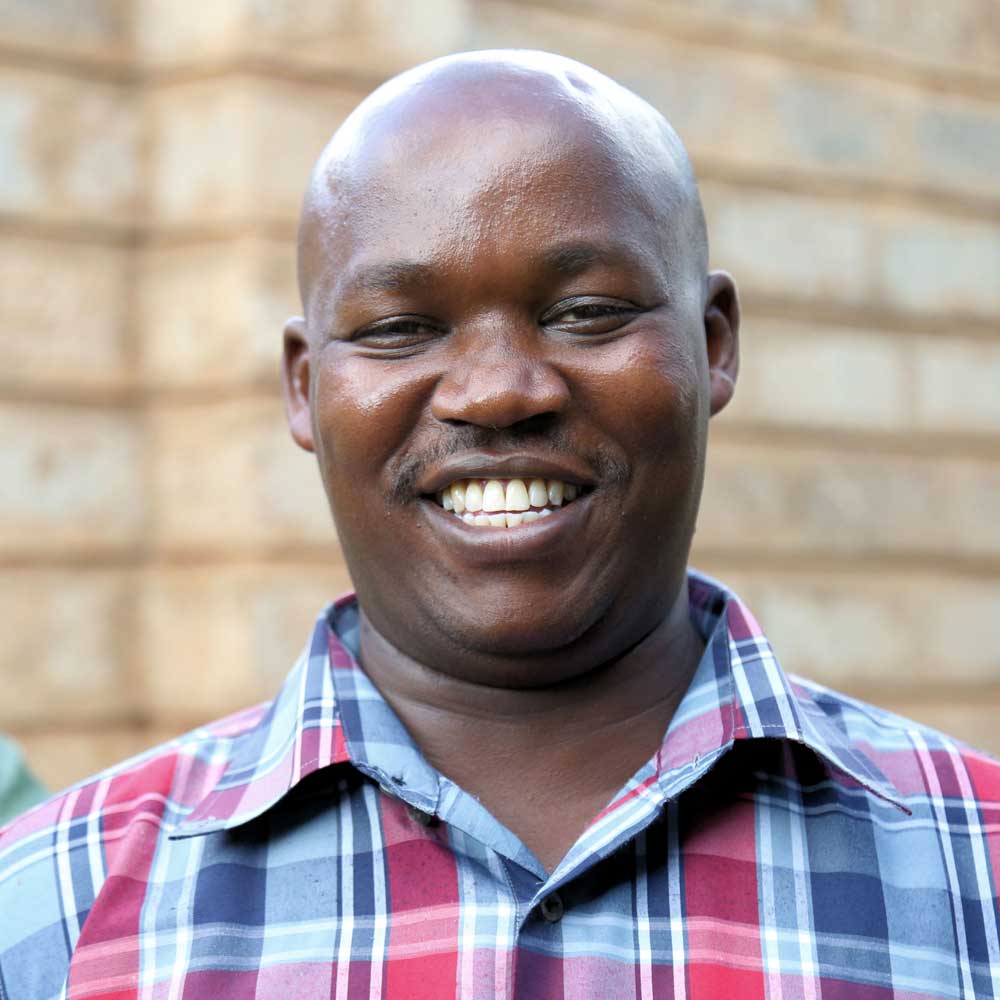 Livestock is the most valuable asset of many households in eastern Africa, providing not just economic but also social capital. We need to give the sector the attention and investment it deserves.
Livestock is the most valuable asset of many households in eastern Africa, providing not just economic but also social capital. We need to give the sector the attention and investment it deserves.
With incomes rising and populations growing, the demand for animal food products in eastern Africa is increasing. And with the right levels of investment and support, this could offer pastoralists exciting new opportunities to increase their incomes.
Globally, livestock contributes 33% to household incomes. And the benefits aren’t just in straightforward sales of meat, milk or hides – by integrating both livestock and crops into their farms, smallholders can reduce their vulnerability to drought, so that if their crops fail, their herds act as a cash reserve.
Livestock also helps to increase the efficiency of arable farms by eating crop residues and 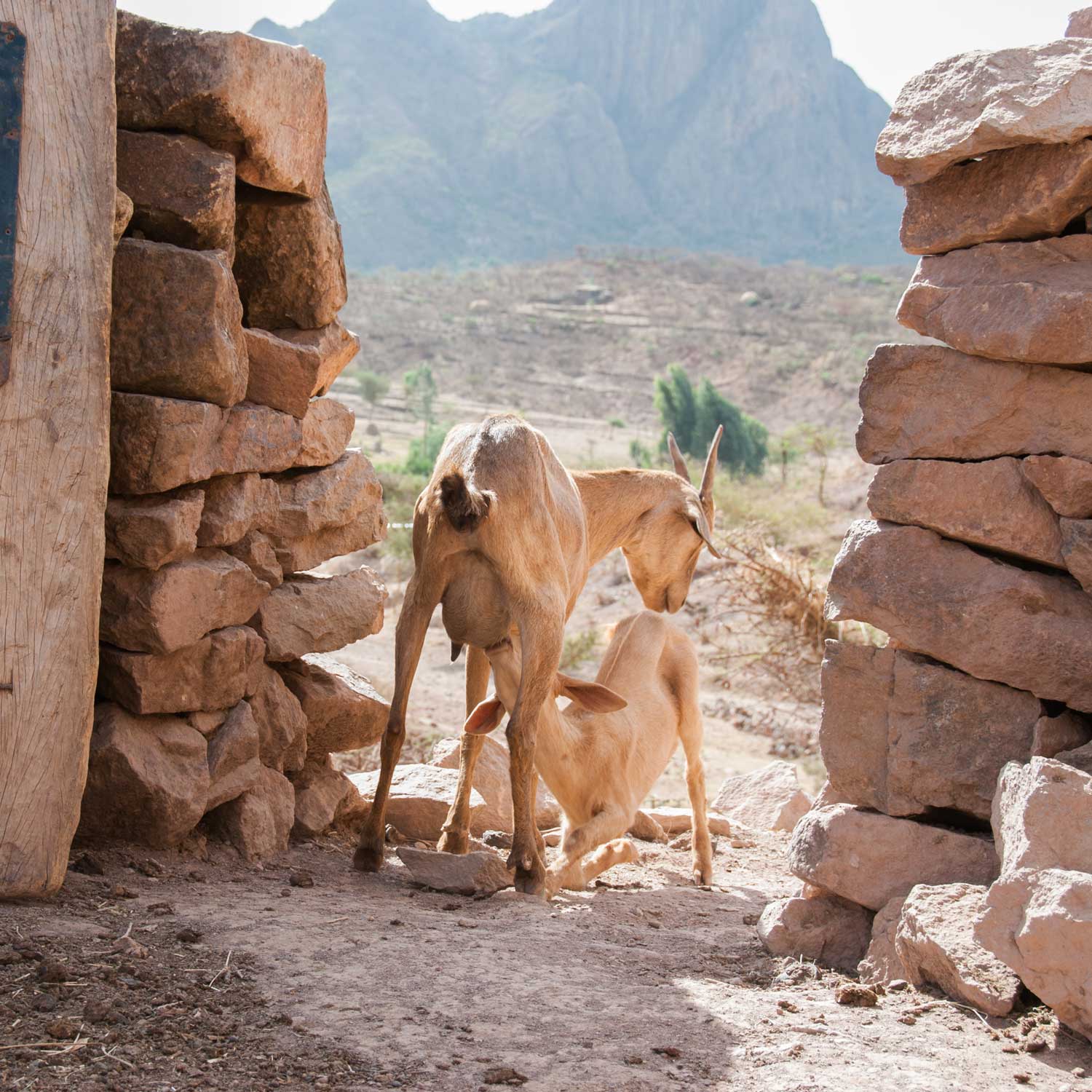 providing fertiliser for plants – their manure helps soil to retain water. This synergy means that farmers can produce more with a smaller plot of land, conserving valuable resources and earning a higher wage.
providing fertiliser for plants – their manure helps soil to retain water. This synergy means that farmers can produce more with a smaller plot of land, conserving valuable resources and earning a higher wage.
But despite the value of livestock both to farmers and to an urban populace hungry for meat products, the livestock sector is consistently under-funded. Farm Africa recognises the vital role that livestock plays in increasing food security, and works across the diverse livestock system to increase its profitability.
To make sure that pastoralists are earning the best wage possible, we work to help livestock keepers to understand and meet market demands. Our Market Approaches to Resilience project, part of the international BRACED programme funded by UK aid, works to help pastoralists in Ethiopia access commercial insurance schemes and sets up early warning systems so that farmers can prepare for extreme weather and the effects that this will have on their herds. We also pioneer the use of technology to improve productivity, monitoring disease dynamics and treatment, and developing new cattle feeds that won’t run out in times of drought.
Breeding programmes are also vital for local farmers to help them increase the size of their herds, and Farm Africa helps to create community breeding associations in small rural communities that often cannot access the available government provisions. This model has proved popular and is now in use in several other eastern African countries.
Livestock health is another major challenge facing smallholder farmers, many of whom live in remote locations where livestock services are non-existent, poor quality or expensive. Every year, 25% of livestock in Africa die of preventable diseases.
 Farm Africa supports programmes to train community animal health workers at the farm level to prevent and treat common diseases. In 2011, Farm Africa set up the social enterprise Sidai that runs a network of centres providing high-quality livestock and veterinary services and crop inputs to pastoralists and farmers in rural Kenya, as well as offering professional technical advice. Sidai’s products and services are now available at 130 company-run stores, franchises and stockists across Kenya.
Farm Africa supports programmes to train community animal health workers at the farm level to prevent and treat common diseases. In 2011, Farm Africa set up the social enterprise Sidai that runs a network of centres providing high-quality livestock and veterinary services and crop inputs to pastoralists and farmers in rural Kenya, as well as offering professional technical advice. Sidai’s products and services are now available at 130 company-run stores, franchises and stockists across Kenya.
Improving livestock care increases both the short-term benefits and the long-term sustainability of agriculture. The success and proliferation of Farm Africa’s schemes demonstrate what an impact interventions can have, and indicate that with continued investment, support and an enabling policy environment, the livestock sector has the potential to make a major contribution to food security and nutrition.
This is an edited version of an article that first appeared in the World Farmers’ Organisation’s F@rmletter.

